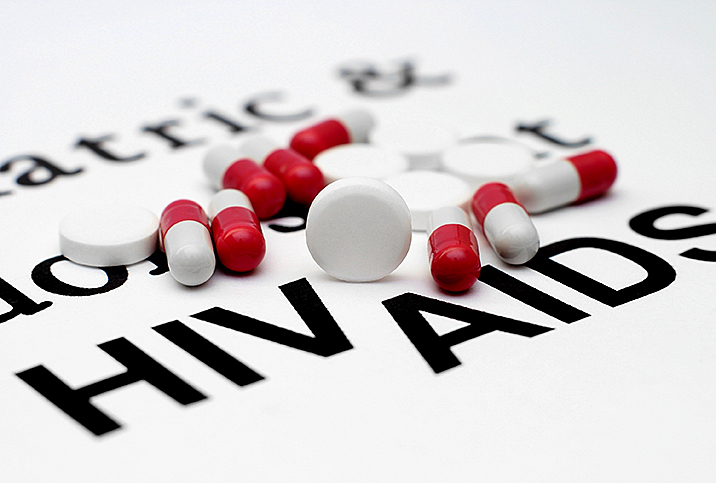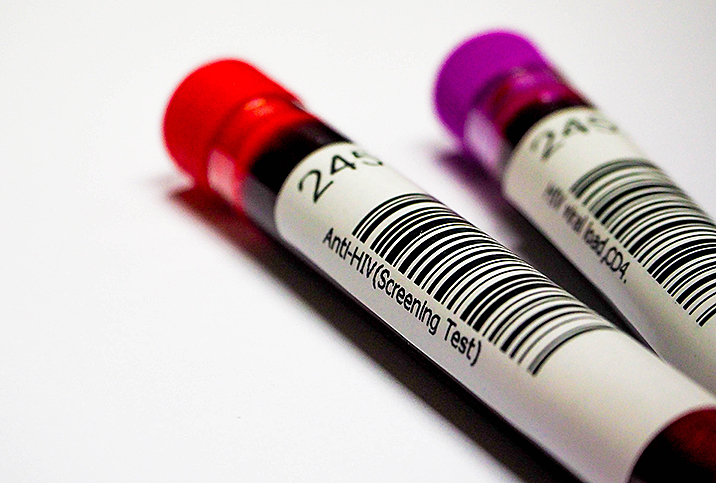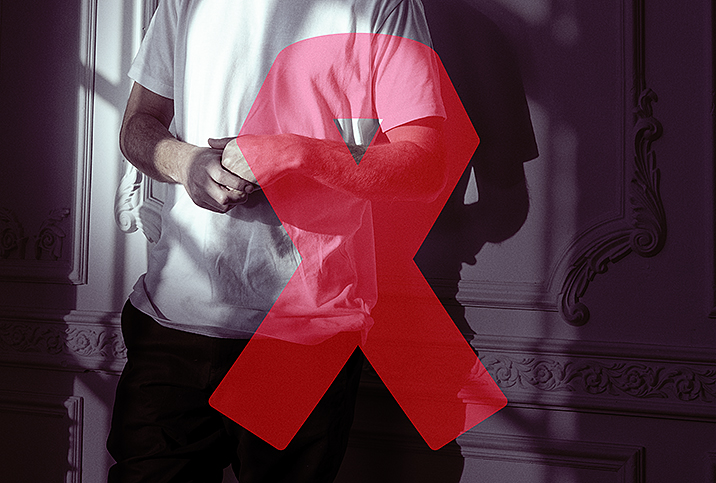Know How HIV Is Transferred, Detected and Treated

Approximately 38 million people worldwide are infected with human immunodeficiency virus (HIV), a virus that attacks the body’s immune system. If left untreated, HIV can lead to AIDS (acquired immunodeficiency syndrome), so it’s important to learn the basics about HIV to avoid contracting the virus and, if you are HIV-positive, avoid transmitting it to others.
How does someone get HIV?
HIV is transferred through certain bodily fluids of an infected individual, most commonly through unprotected vaginal or anal sex. Blood, breastmilk, rectal fluids, anal mucous, vaginal fluids, semen and pre-ejaculate fluid are the only fluids that can transmit HIV. Body fluids like saliva, urine and sweat do not have enough of the virus in them to transmit HIV.
In order for someone to become infected with HIV, a bodily fluid that contains HIV must be transferred to an uninfected individual through a mucous membrane or a cut in the skin. Mucous membranes like the vaginal wall, penis opening and rectum are the most common routes that HIV uses to enter the body.
The most common scenarios in which HIV is transferred are the following:
- Unprotected sex with someone who has the disease is the most common form of transmission. Male-to-male sexual contact accounts for 66 percent of new HIV diagnoses in the United States, according to the Centers for Disease Control and Prevention (CDC).
- Unsterilized medical equipment, such as needles, can pass HIV to another person if previously used by someone who has HIV.
- If a pregnant woman has HIV, the disease can be passed to the baby during pregnancy, birth or breastfeeding.
Signs & symptoms of HIV
The first two weeks after the virus is transmitted can be dangerous, especially since most people are unaware they’ve been infected. After a few weeks, some people report having flu-like symptoms, such as fever, muscle aches, sore throat and fatigue. Other signs include swollen lymph nodes, a rash or ulcers in the mouth.
Stages of HIV infection
If the disease goes untreated, it may progress through three stages.
Stage 1: HIV infection, acute
This is the stage immediately after infection when a person is highly contagious because there is a large amount of HIV in the bloodstream. Some people may have flu-like symptoms in this stage, while others may not experience anything at all.
Stage 2: HIV infection, chronic
In this phase, HIV is still found in the infected individual but at lower levels. Because of the decreased viral load in the bloodstream, stage 2 is sometimes called asymptomatic HIV or clinical latency. Even though levels of HIV are lower, the virus can still be transmitted during this phase.
At the end of this stage, virus levels in the blood increase, causing flu-like symptoms. It’s at this point that a person may move into stage 3. However, with treatment, some may never progress beyond stage 2.
Without treatment, stage 2 can last up to a decade or longer before progressing, but some people may progress more rapidly.
Stage 3: AIDS
People who develop AIDS typically have a weak immune system response, so they become very sick. This is also a very contagious stage of the illness. Without treatment, people who have AIDS can live up to three years after their diagnosis, according to the CDC. However, progressing to stage 3 is more uncommon today than it has been in the past, due to improved HIV treatments.
Treatment for HIV
There is no cure for HIV, but there are treatments that can lessen the chance of HIV turning into AIDS. Typically, antiretroviral therapy (ART) is used to keep the virus under control. Although not a cure, this medicine can reduce the amount of HIV in the blood, keeping a patient healthy and less likely to transmit HIV to others.
If an infected individual starts treatment early enough, HIV can be controlled within six months and may not progress further. The longer a person goes without treatment, the more the condition may worsen.
If you think you may have been exposed to HIV or might already have it, contact your healthcare provider immediately and get tested.


















